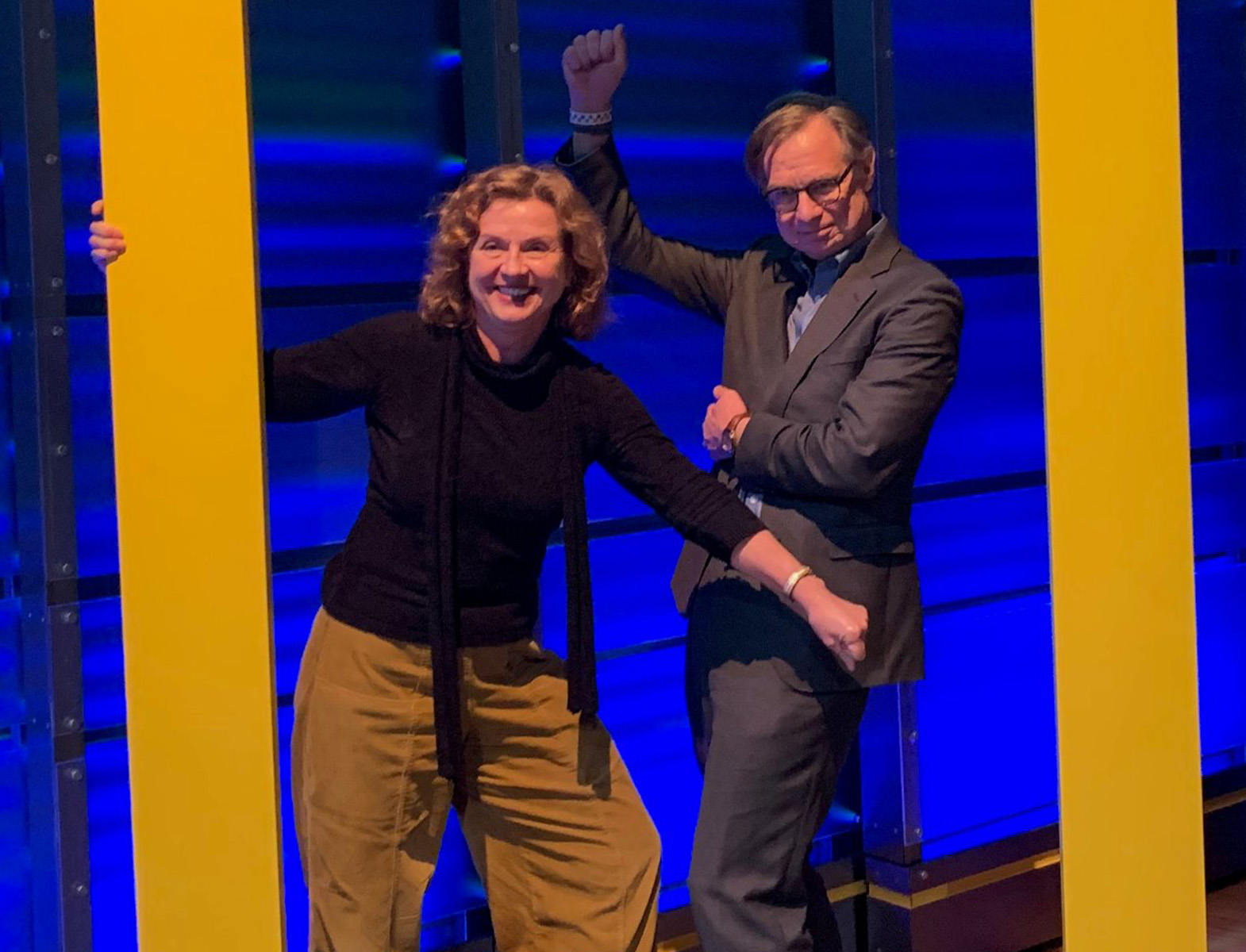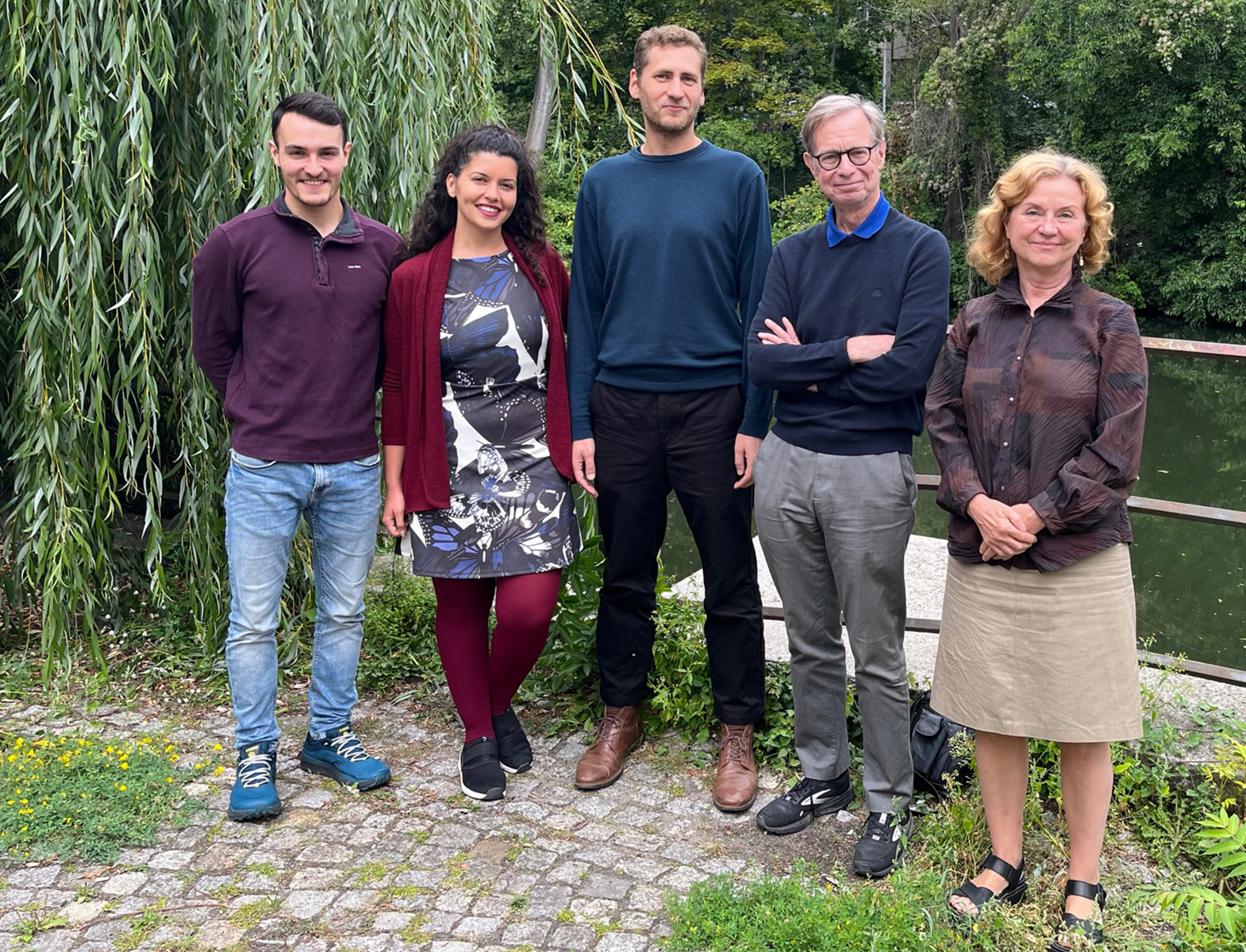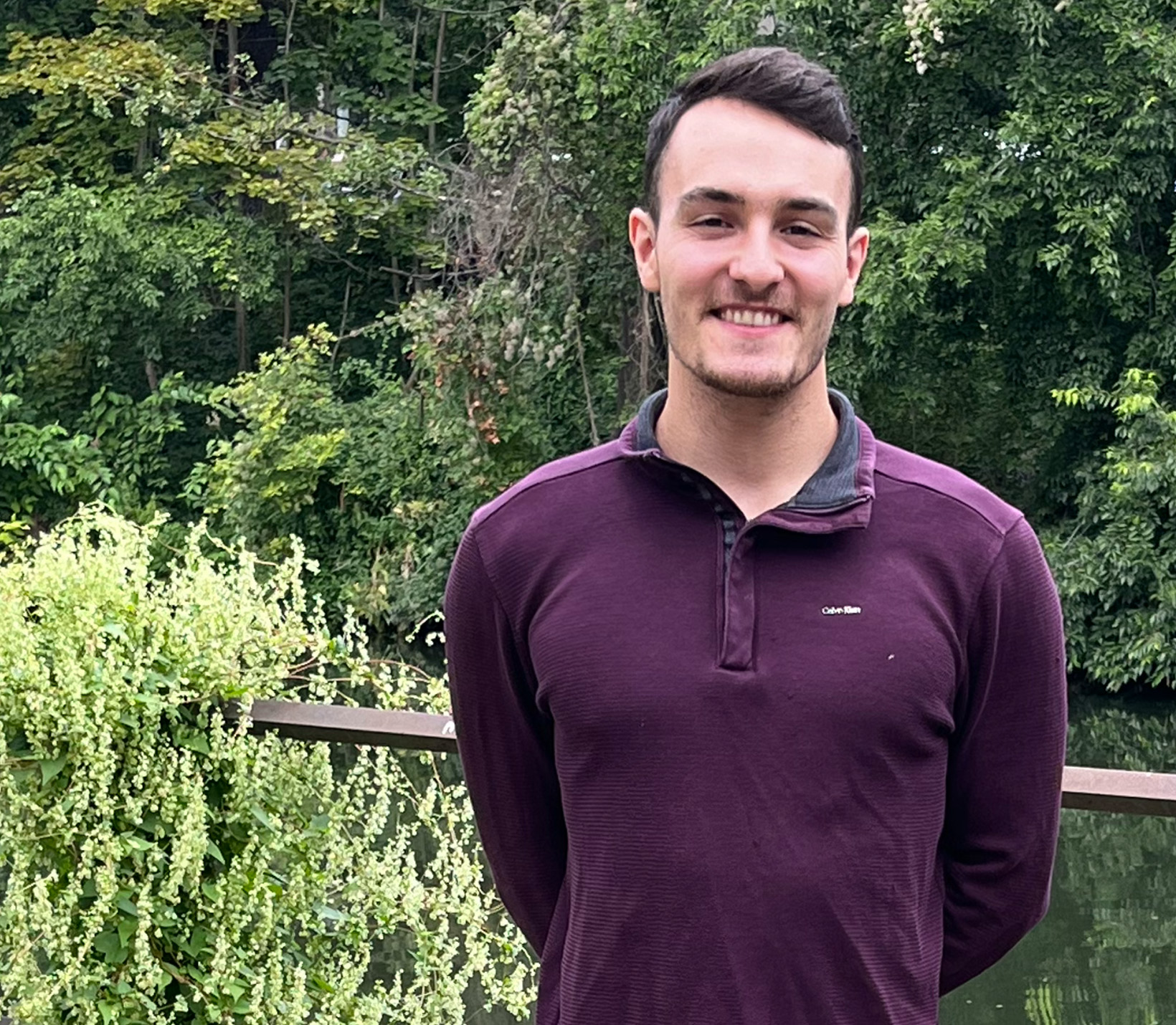General information
Elke U. Weber from Princeton University and Eric J. Johnson from the Columbia Business School in New York are Einstein Visiting Fellows and will be taking several multi-week trips to carry out research in Berlin. They are exploring consumer choices that affect the environment. The contact with the Climate Change Center emerged from collaborative work on an IPCC report.
The Einstein Visiting Fellow Program offers renowned international researchers the opportunity to initiate their own research group in collaboration with a host institution in Berlin. Contrary to typical visiting scholars who spend a semester at an institution, the Einstein Visiting Fellowship integrates researchers into the research landscape in Berlin for the long term. The program is funded by the Einstein Foundation Berlin.
Elke U. Weber & Eric J. Johnson
German-American Elke U. Weber completed her doctorate in psychology at Harvard University and worked for many years at Columbia University before moving on to Princeton in 2016.
Eric J. Johnson pursued his doctorate in psychology at Carnegie Mellon University in Pittsburgh and has been a professor at Columbia University since 1999.
The two behavioral psychologists investigated consumer choices, their root causes, and backgrounds. The Fellows are part of the Science of Intelligence Cluster of Excellence at Technische Universität Berlin.
Method
Dr. Weber draws on psychological theories to examine the extent to which personal experiences, social norms, social networks, and certain narratives influence our decision-making and action. In her project, she and her team are analyzing how climate policy and environmental protection measures can be made more accessible to the German public (e.g. through press releases from government ministries) and how current narratives on climate issues are understood and received. A further project explores how employees understand and assess their company’s climate goals and how this affects their motivation at work as well as their loyalty to the company.
Dr. Johnson researches decision-making architectures, i.e. the demonstration of possible choices and the facilitation of decision-making processes through the use of more social, economic, and psychological factors. His project intends to use empirical methods and interviews to develop approaches that make it easier for political institutions and companies to implement measures to reduce CO2 emissions.
Team
Both are now working in their Berlin research group “Center for Research on Environmental Decisions” (CREDiBl) with four research assistants, all of whom have an international background:
- Arian Trieb, , doctoral candidate, specializes in the investigation of decision-making processes and their impact on sustainable consumption.,
- Vanessa Hiess, doctoral candidate, is investigating the discrepancy between environmental awareness and environmental behavior, particularly when it comes to decision makers in the political and environmental arenas,
- Jonas Ludwig carries out research on behavioral economics and social psychology. He is currently focusing on sustainability, the climate crisis, and ethical behavior and
- Lubna Rashid is exploring the interface between ecological sustainability, behavioral psychology, and digital entrepreneurship. She is interested in understanding decision-making and behavioral changes in the context of climate change mitigation and adaptation.
Outreach
Elke U. Weber and Lubna Rashid published an article for the Federal Agency for Civic Education (bpb) in February 2023, which can be found under its German title “Zwischen Klimawissen und Klimahandeln: Eine psychologische Erklärung“ (The Interface Between Climate Knowledge and Climate Action: A Psychological Explanation).
More information
Elke U. Weber’s website
CCC interview with Elke U. Weber
© Felix Noak





